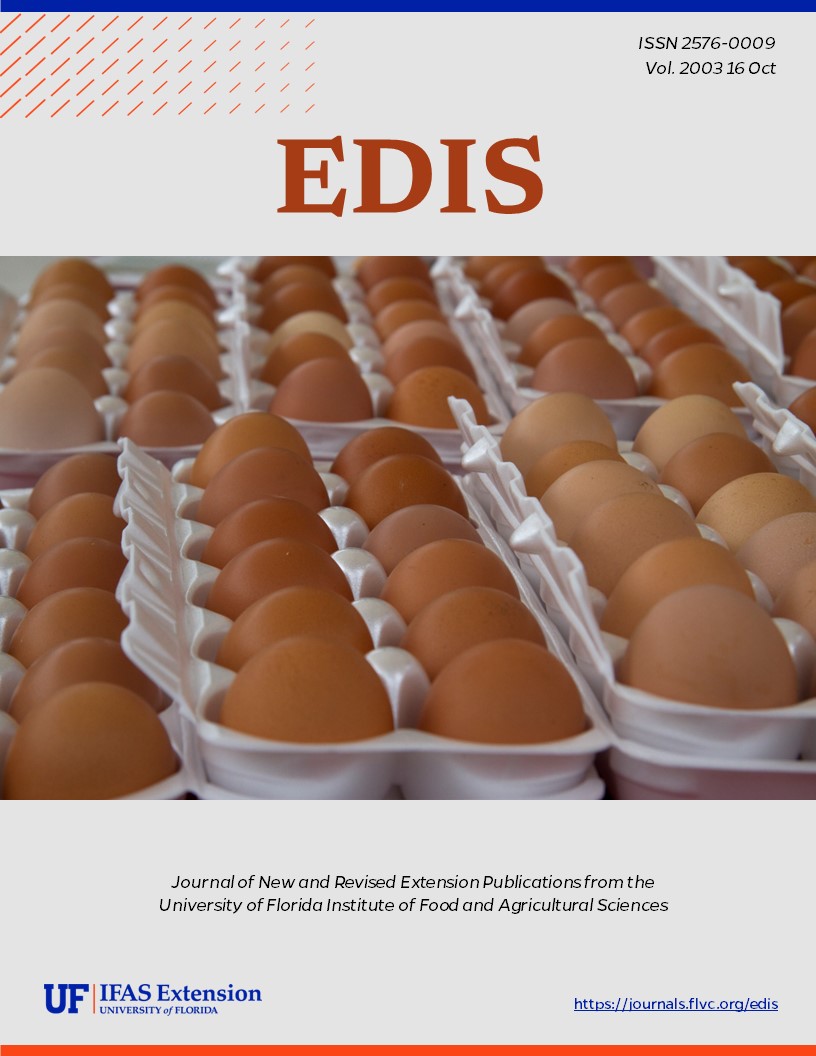Resumen
The huntsman spider, Heteropoda venatoria (L.), sometimes called the giant crab spider or the banana spider (due to its occasional appearance in marketed bananas), is a cosmotropical species introduced into and now occurring in the U.S., in subtropical areas of Florida, Texas, and California. It is presumed to have been introduced from Asia, where many of its closest relatives live (Gertsch 1948). It has sometimes been mistaken for a large brown recluse (Loxosceles reclusa Gertsch and Mulaik, family Loxoscelidae), a poisonous spider, but it is neither related nor is it dangerous. Some authors place this spider in the family Heteropodidae, due to the uncertainty of the name Sparassidae (Platnick and Levi 1973). This document is EENY-160 (originally published as DPI Entomology Circular 205), one of a series of Featured Creatures from the Entomology and Nematology Department, Florida Cooperative Extension Service, Institute of Food and Agricultural Sciences, University of Florida. Published: October 2000. Revised: July 2003
Citas
Gertsch WJ. 1948. American spiders. D. Van Nostrand Co., Inc., New York. 284 p. https://doi.org/10.5962/bhl.title.20055
Platnick NI, Levi HW. 1974. On names of spiders. British Arach. Soc. Bull. 2: 166-167.
Wallace HK. 1937. The use of a headlight in collecting nocturnal spiders. Ent. News 48: 160-161.
Unless otherwise specified, articles published in the EDIS journal after January 1, 2024 are licensed under a Creative Commons Attribution-NonCommercial-NoDerivs 4.0 International (CC BY-NC-ND 4.0) license.

